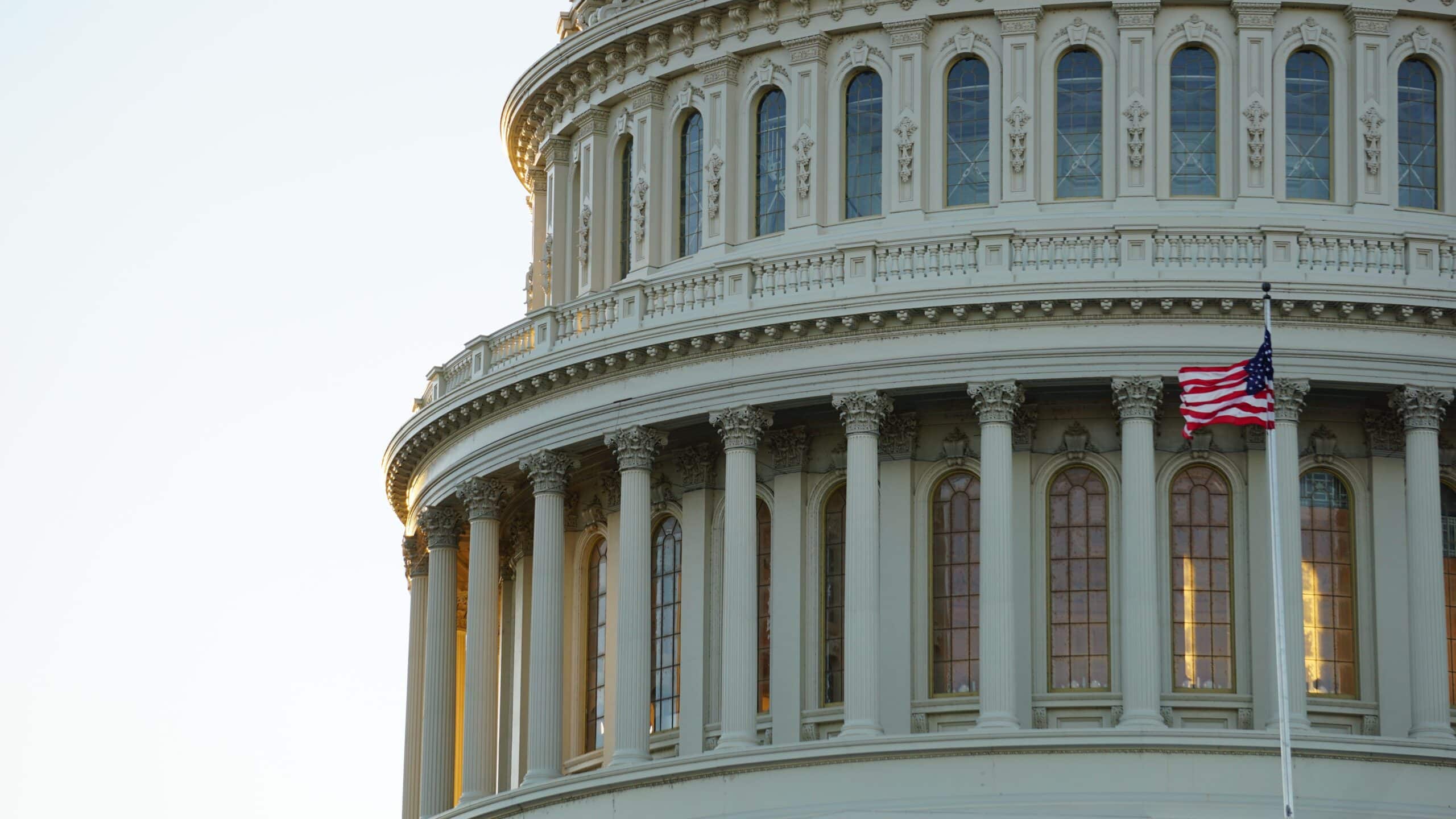Recently, there has been debate around proposed legislation that would entitle the IRS to monitor every transaction above $600 in your bank account. These conversations come off the back of the “American Families Plan” proposed by the Biden Administration in 2021. A plan that is poised to partially pay for the 1.8 trillion dollar spending package recently passed in congress.
Currently, your financial institution is required to report your information after you make a transaction of over $10,000. The proposal within the American Families plan entails lowering this reporting threshold from $10,000.01 transactions to just $600. This new rule has brought to light conversations regarding consumer privacy, over-regulation, and in some circles, government overreach.
This means that the IRS will receive transaction information on all flows that cross the $600 threshold. The reason given for the new rule is that it will help the IRS crackdown on tax evasion on a large scale, and raise money for the infrastructure bill recently passed by congress. The plan is estimated to raise $460 billion from this measure, and aid the Treasury’s Goal of “closing the tax gap”.
The requirement applies to all business and personal accounts from financial institutions, including checking, savings, loan, and brokerage accounts. The exception is accounts that remain below the $600 threshold. This includes a breakdown for physical cash, transactions with any foreign accounts, and transfers from one of your accounts to another.
If approved, the proposal would go into effect in 2023.
How does this effect me?
In reality, your day-to-day interaction with your bank will not change based on this policy if approved. However, the plan implies that it will be much tougher to evade taxes in any way shape, or form. Unsurprisingly, the largest pushback has come from the banking institution that would be tasked with doing the actual reporting.
One Arkansas congressman, along with others, wrote a letter concerned that this new reporting measure would impose significant compliance costs on our banks, credit unions, and other financial institutions. Additionally, he noted that this would be an infringement of privacy on millions of Americans, adding a reason for the “unbanked” to continue to operate without a bank account. Notably, the number one reason people cite for not having a bank account is… privacy.
The proposal has garnered a great deal of backlash and discussions will continue as it makes its way into congress.
What can I do?
This proposal further brings to light the importance of having a plan. More specifically, taking the time to meet with an advisor and build a tax plan. Whether you’re an individual in a complicated tax situation or a business owner who’s managing their day-to-day financial operations… it’s critical to stay organized and have a clear picture of your tax liability before tax time rolls around.
If you haven’t done so already, book a call with one of our experts and start planning today! Your future self will thank you.





